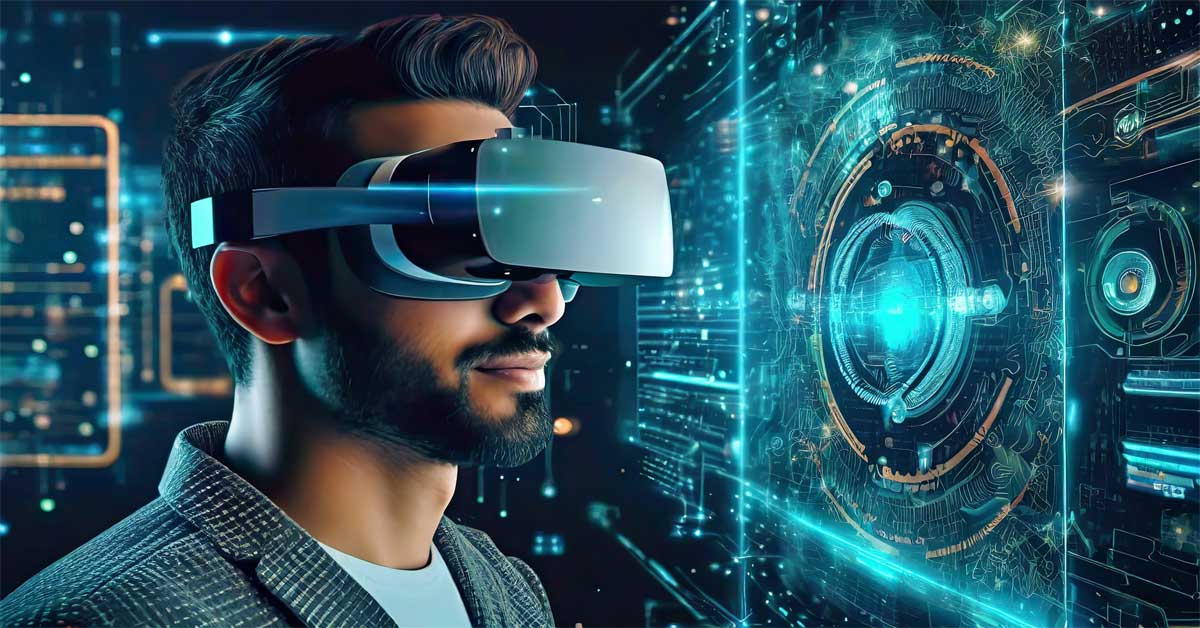Artificial Intelligence (AI) is seriously changing our world. Sometimes even without us knowing. AI automation is making a big splash from how we work to how we live.
Think about self-driving vehicles, Siri, and Alexa virtual assistants. These are AI in action, shaping what’s next. But let’s not forget that AI wasn’t always this real.
Back in the first half of the 20th century, it was more about sci-fi dreams, with science fiction stories like Metropolis and I, Robot giving us a peek into a world of androids and smart machines. Only after the 1950s did scientists and technologists roll up their sleeves to turn fiction into reality.
Right now, we’re dealing with “weak AI.” It’s smart, sure, but it’s got its limits. The “strong AI” is a future where AI can outdo us in almost every cognitive task. It’s exciting, but it’s also a bit nerve-wracking.
After all, every coin has two sides, and the evolution of AI is no different, promising both positive and negative implications. Let’s just say the debate on where AI is headed is far from over.
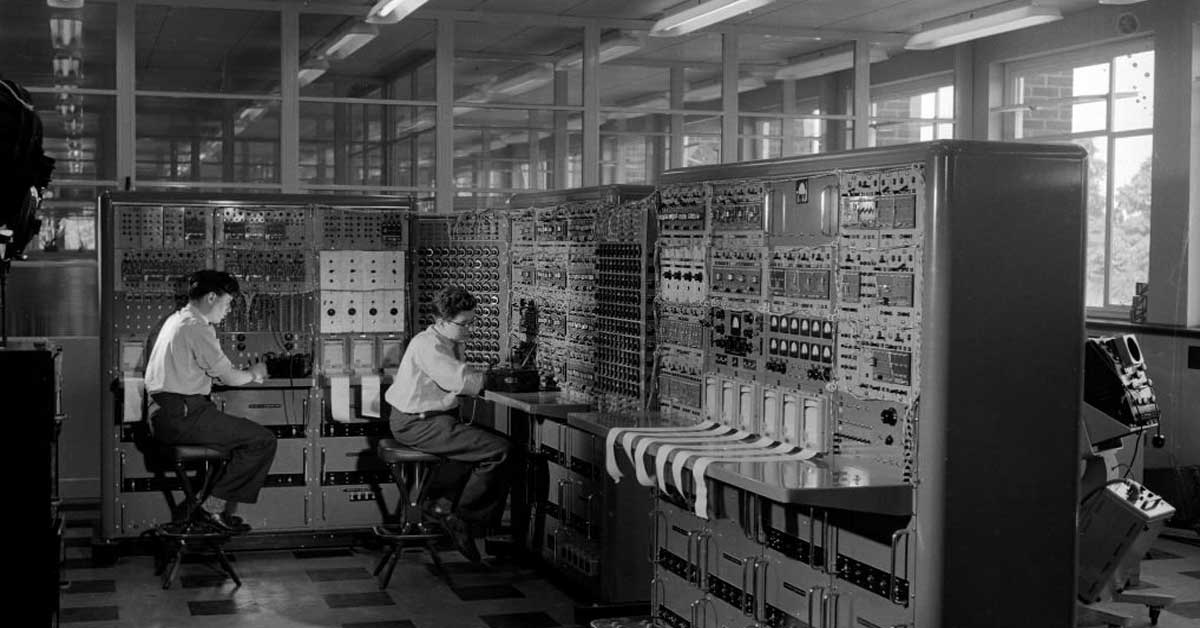

How Did AI Change the Future a Decade Ago?
Back in 1956, the AI journey kicked off at the Dartmouth Summer Research Project on Artificial Intelligence. John McCarthy first dropped the term “artificial intelligence” and got everything started.
For a while, there was a lot of AI hype – more talk than action, to be honest. But by the late 20th century, things started to heat up, especially when IBM’s Deep Blue beat chess master Gary Kasparov.
Then came the big data era, where, thanks to Moore’s Law, computers got faster and smarter, able to train through huge data piles. This power shift lets AI do stuff we once thought only humans could do.
What is Moore’s Law
Moore’s Law represents the empirical observation that the quantity of transistors within an integrated circuit (IC) approximately doubles every two years.
This phenomenon is associated with improvements in production techniques and is not a fundamental law of physics.
For the longest time, we thought artificial Intelligence had to act and look like us; that’s why even today, there are sci-fi story humanoids that look like us. But AI is outplaying humans in games like chess and Go and even mastering translation.
Since the 1980s, artificial Intelligence’s got used to being behind-the-scenes in places like circuit board inspection and catching credit card fraud. These expert systems became the norm, paving the way for smarter tech. Machine Learning (ML), with its genetic algorithms, started solving complex problems.
And the 1990s when probabilistic and Bayesian methods took machine learning to a whole new level. We’re talking about artificial Intelligence that can perform semantic analysis.
Before we jump into the future of AI, let’s first get a handle on what Artificial Intelligence is and where it stands right now. Artificial intelligence can be defined as expert lartificial Intelligence as the ability of machines, computer-controlled robots, or even intelligent algorithms to carry out tasks associated with human intelligence.


In essence, it’s a branch of computer science with the main focus of creating intelligent machines that can replicate or copy human behavior.
Artificial intelligence can be categorized into a few main types based on its capabilities:
- Narrow AI: This type is capable of intelligently performing specific tasks. Right now, AI is mostly in this limited stage.
- General AI: Also known as Artificial General Intelligence (AGI), this term refers to machines that can mimic or copy human intelligence across a wide range of tasks.
- Super AI: Super AI, on the other hand, refers to self-aware AI with cognitive abilities that surpass those of humans. This is a level where machines with cognitive prowess can perform any task a human can.
AI primarily falls into the Narrow AI or Weak AI category, which means it can only handle specific jobs. Examples of this include self-driving cars (autonomous cars), voice recognition, and other similar technologies.


Artificial Intelligence impacts the future?
The speed of life is about to change to the fast lane. Thanks to artificial Intelligence, changing fields like businesses, government units, and nonprofits. We’re talking about making decisions faster than ever, which means life’s going to feel like it’s moving at warp speed. But it’s not all about speed. There’s a big shift coming in privacy, too.
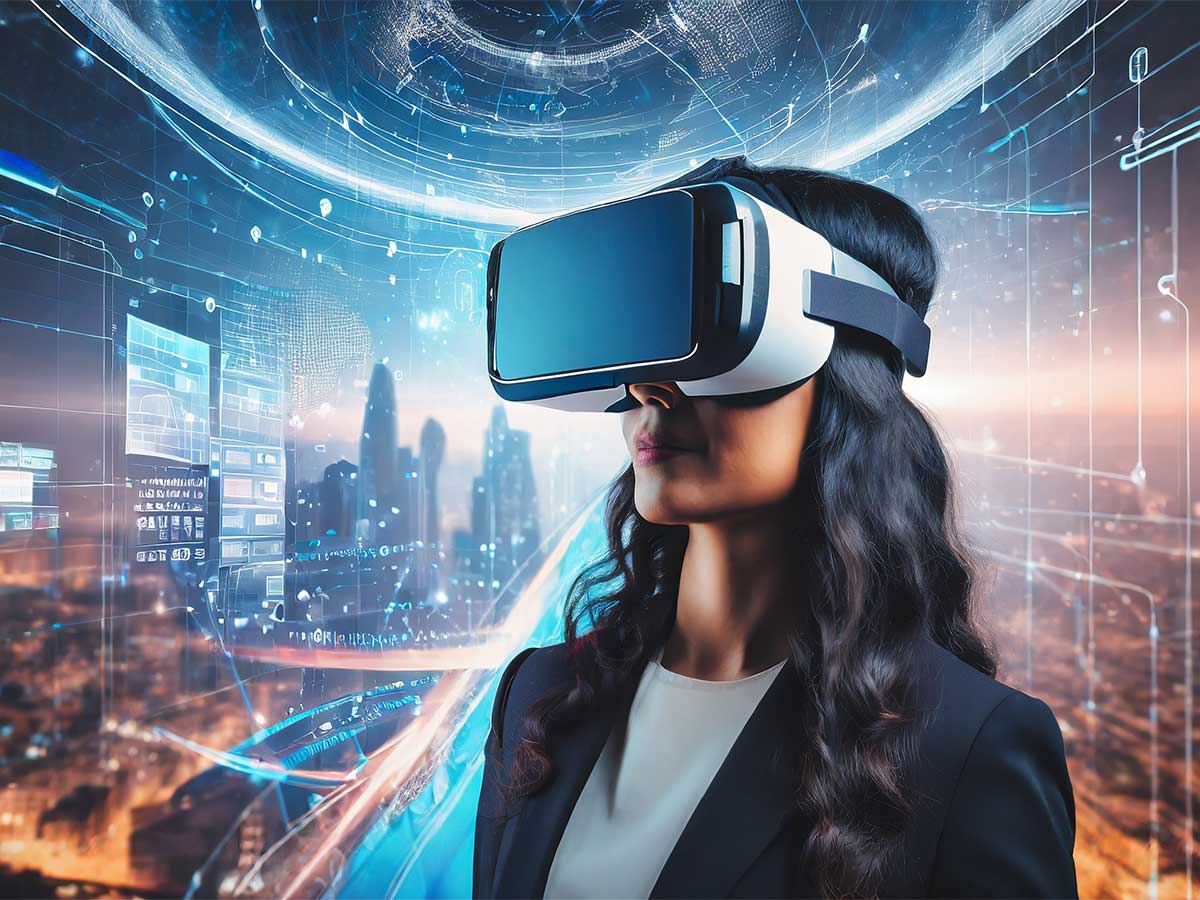

With AI getting smarter, it might just know us better than we know ourselves. For years, technology has been encouraging our privacy boundaries and artificial Intelligence is set to push them even further.
Everyone’s getting ready to lay down the law on AI, from local governments to the big leagues. In the U.S., it will get complex with all sorts of new AI regulations, making doing business a bit of a legal maze.
And here’s something cool: Human-AI teaming. Instead of AI taking over jobs, it will work alongside us, boosting our smarts and skills. This whole idea of artificial Intelligence as a scary robot out to get us?


That’s old sci-fi talking. By keeping humans in the loop, we can chill out those deep-seated AI fears and focus on the good stuff AI systems brings to the table. But things will change a lot.
Huge Effects on Industries
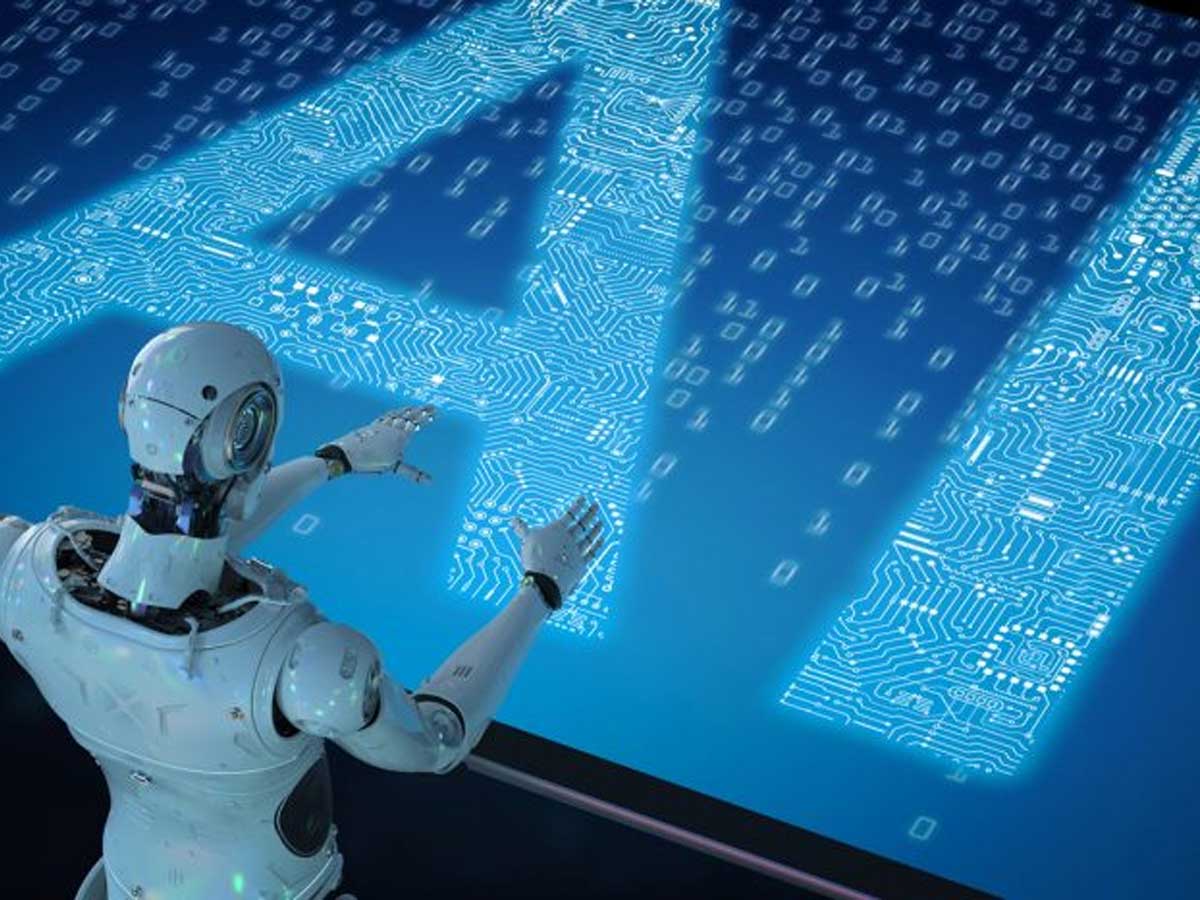

Artificial intelligence will affect a lot of things, but if you ask, will these industries have a big impact because of AI systems?
Education: AI is set to revolutionize education at all levels. Personalized educational content and training will be tailored to each student’s unique needs. AI’s role in identifying the most effective teaching strategies for different learning styles is expected to transform education by 2028, making it almost unrecognizable from today’s standards.
Healthcare: AI is on track to become an essential tool for medical professionals, particularly in diagnostics. This advancement will likely lead to more accurate medical diagnoses.
However, the sensitive nature of patient data and the complex legal landscape protecting it may lead to a more intricate medical-legal scenario and higher operational costs.
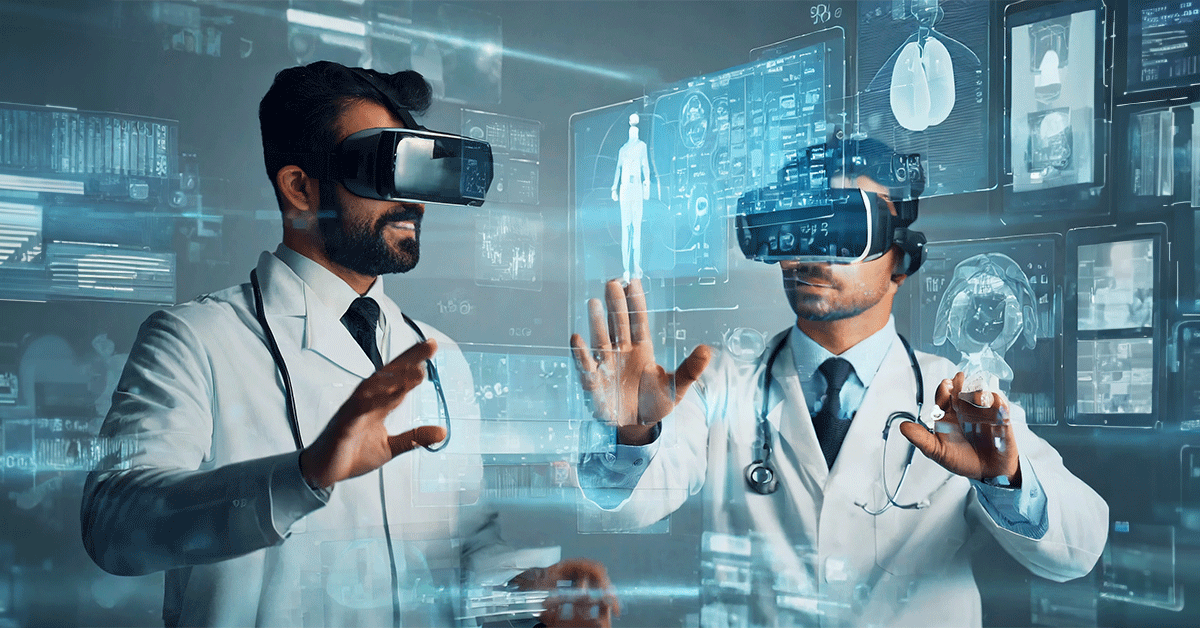

Finance: The integration of natural language processing with machine learning and deep learning will enhance the efficiency of banks, financial advisors, and advanced chatbots in customer interactions.
These interactions include credit monitoring, fraud detection, financial planning, insurance, and customer service. Additionally, AI systems will aid in devising intricate and swift investment strategies for major investors.
Law: The legal industry is expected to see a reduction in small and medium-sized firms over the next five years. Small teams, assisted by AI systems, will be able to accomplish tasks previously requiring larger groups of lawyers and do so more quickly and cost-effectively.
Chatbots, given the right prompts, are already capable of providing basic legal information and drafting contract clauses. If AI development continues at its current pace, the number of lawyers in the U.S. could decrease by over 25% by 2028.


Transportation: The upcoming years will witness an increase in autonomous vehicles for both private and commercial use. This change will be evident in everyday cars, trucks on highways, and even spacecraft transporting humans and cargo to the moon, marking a significant milestone in the age of AI.
Manufacturing: The manufacturing sector has long harnessed the power of AI. Dating back to the 1960s and 1970s, AI-driven robots, such as robotic arms, have become integral to the industry.
These robots often collaborate with human workers, handling tasks such as assembly and stacking. Additionally, predictive analysis technology plays a crucial role in maintaining machinery efficiency.
Media: In the world of journalism and media, AI’s influence is increasingly evident. A notable instance is The Associated Press employing Automated Insights to generate numerous financial report stories annually.
However, the rise of generative AI writing platforms, including ChatGPT, raises various questions regarding their application in journalistic contexts.
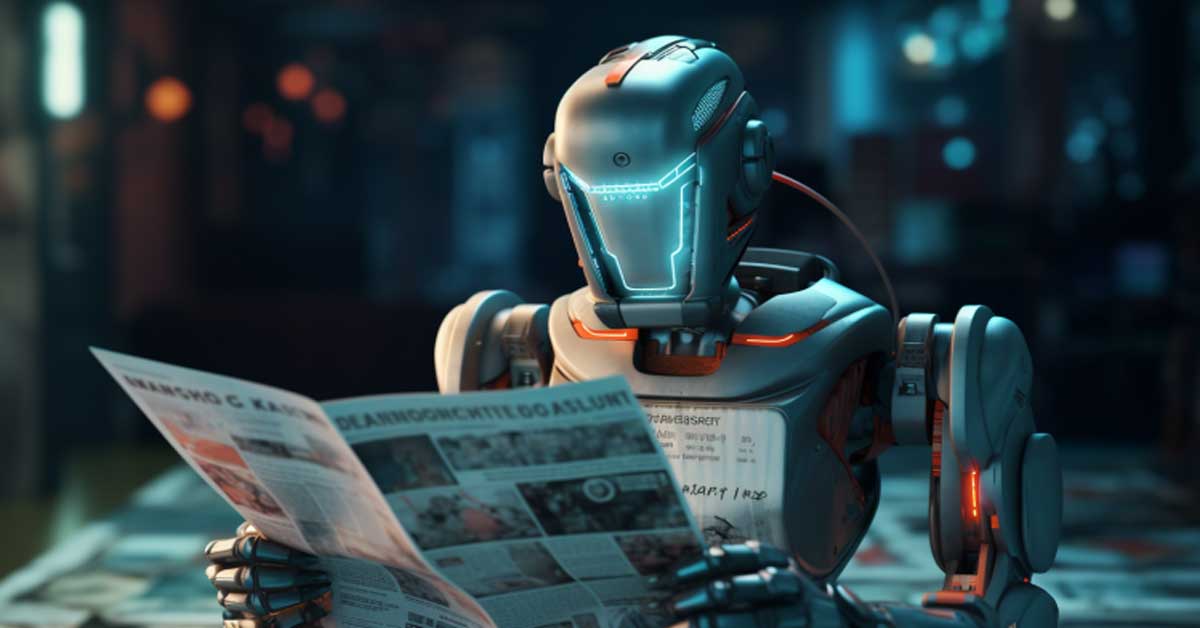

Customer Service: AI’s role in customer service extends beyond the typical annoyance of robocalls. The industry leverages AI for data analysis, providing valuable insights to both consumers and service providers. AI’s presence is predominantly seen through chatbots and virtual assistants.
Advertising: AI’s impact in advertising lies in its ability to utilize historical data for replicating campaigns and delivering precise results. This approach offers a more financially secure option for companies compared to the risk of investing heavily in untested campaigns.
AI facilitates targeted marketing, enhances lead generation, sales conversion, market share analysis for new emerging technologies and products, and competitive market research.
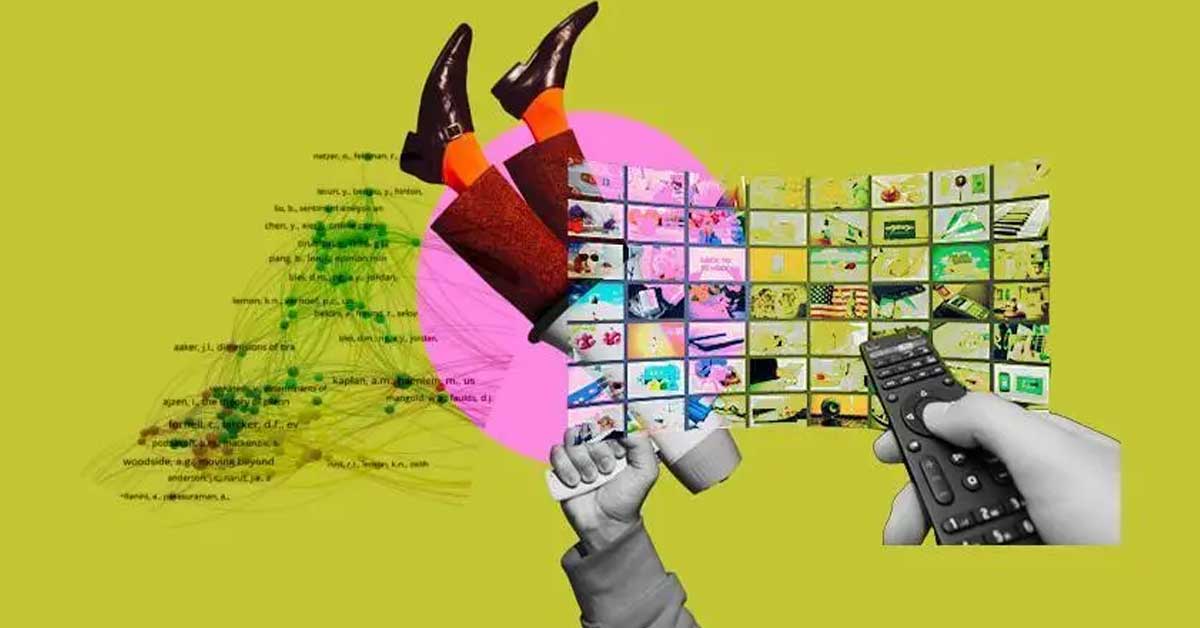

Military and Cybersecurity: AI-enhanced military technology has led to the development of autonomous weapon systems, minimizing the need for human intervention and thus enhancing national security.
The prospect of robot militaries with intelligence comparable to human soldiers suggests a future where diverse tasks can be accomplished autonomously. However, the challenge lies in the opaque nature of AI algorithms, particularly in deep neural networks.
The Impact of AI on Privacy Risks
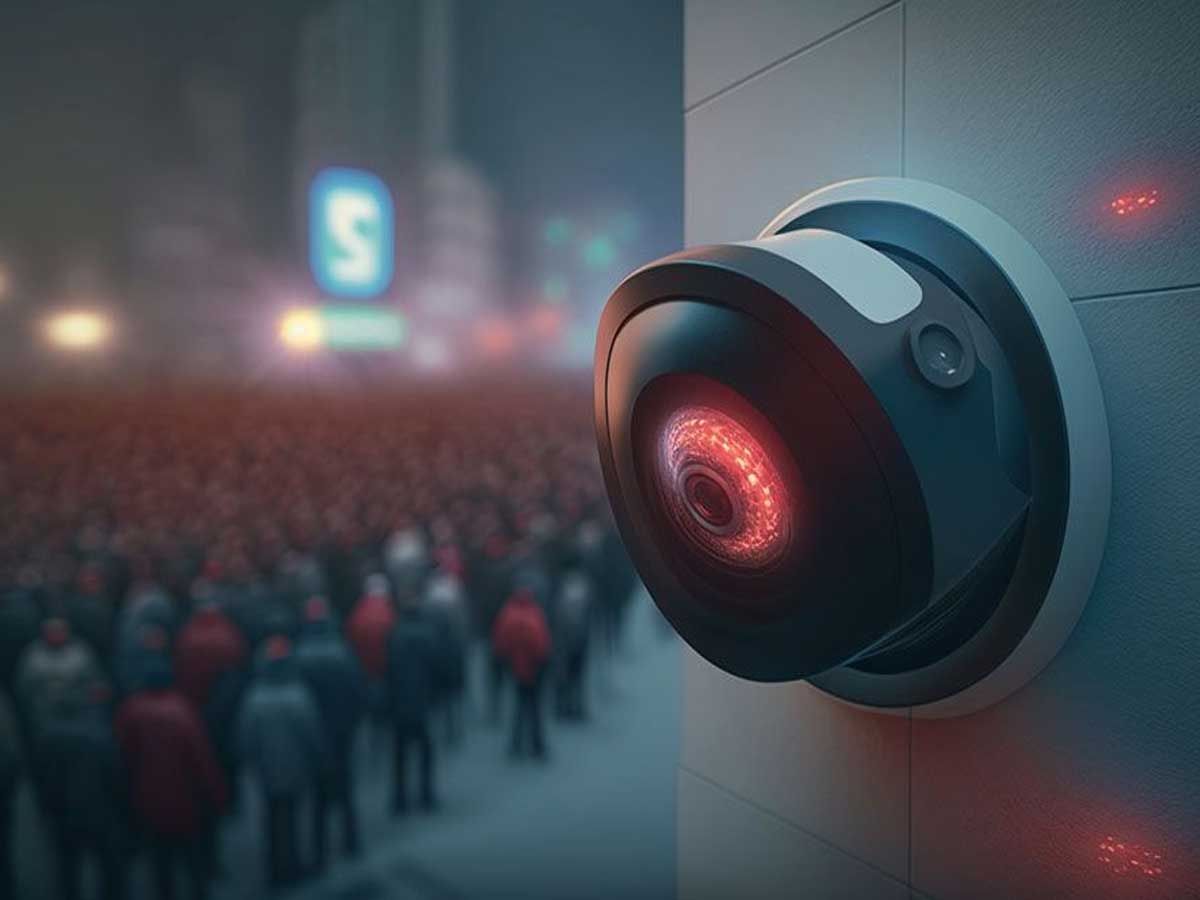

Artificial Intelligence (AI) is more than just a convenience; it could make people genuinely happier in their jobs and even every day life.
But as always, if there is AI connected, there will be some issues. We see some familiar issues when we look at AI through a privacy-by-design. Like with other tech, privacy wasn’t exactly the star of the show when AI was created. And that’s a bit of a problem.
AI usually handles personal data, which is great until it’s not. We’re talking about data persistence, where our digital footprints outlive us, or data repurposing, where our info gets used for stuff we never signed up for.
And then there are massive amounts of data leaks. In general, I do recommend people use a service like Firefox Monitor that will notify you when your data gets breached.
The big question is, how do we keep our privacy and data safe and secure with AI in the picture? It’s about ensuring people know what they’re signing up for, can say no if they want to, and have a say in how their data is used.
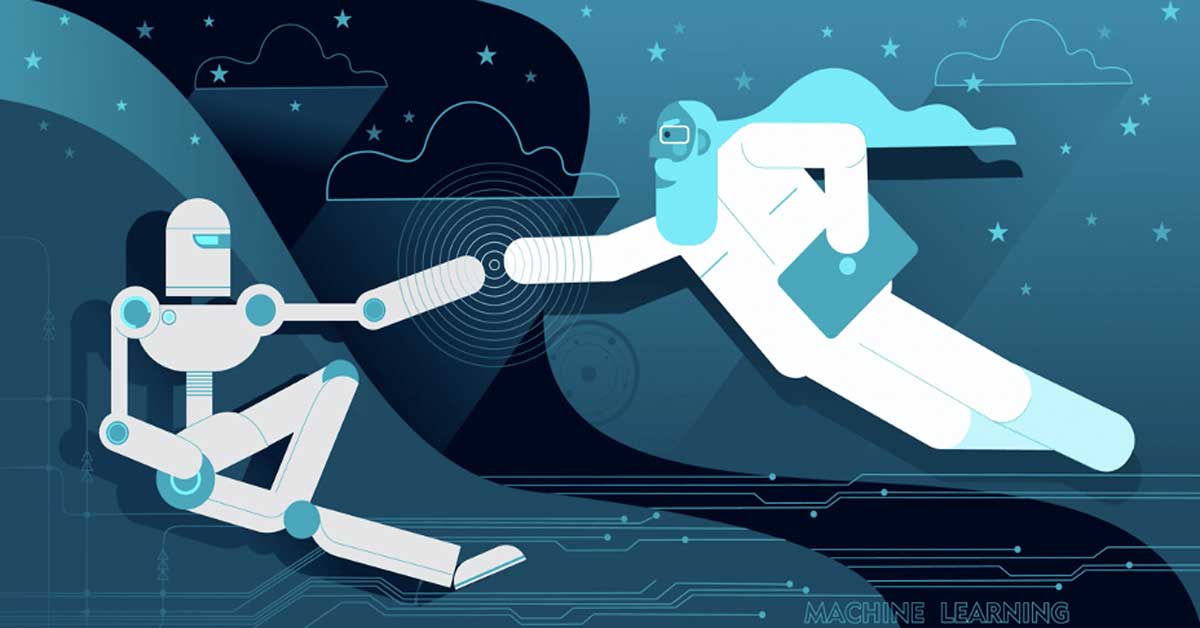

The tricky part is letting people know their data’s been scooped up, especially if they’re not the main target. Twitter (X) and Google eben Zoom got huge backlash when they started using user data for AI training. AI is a powerful tool, but we must handle it with care, especially in our private lives.
Will Artificial General Intelligence (AGI) Pose a Threat to Humanity?
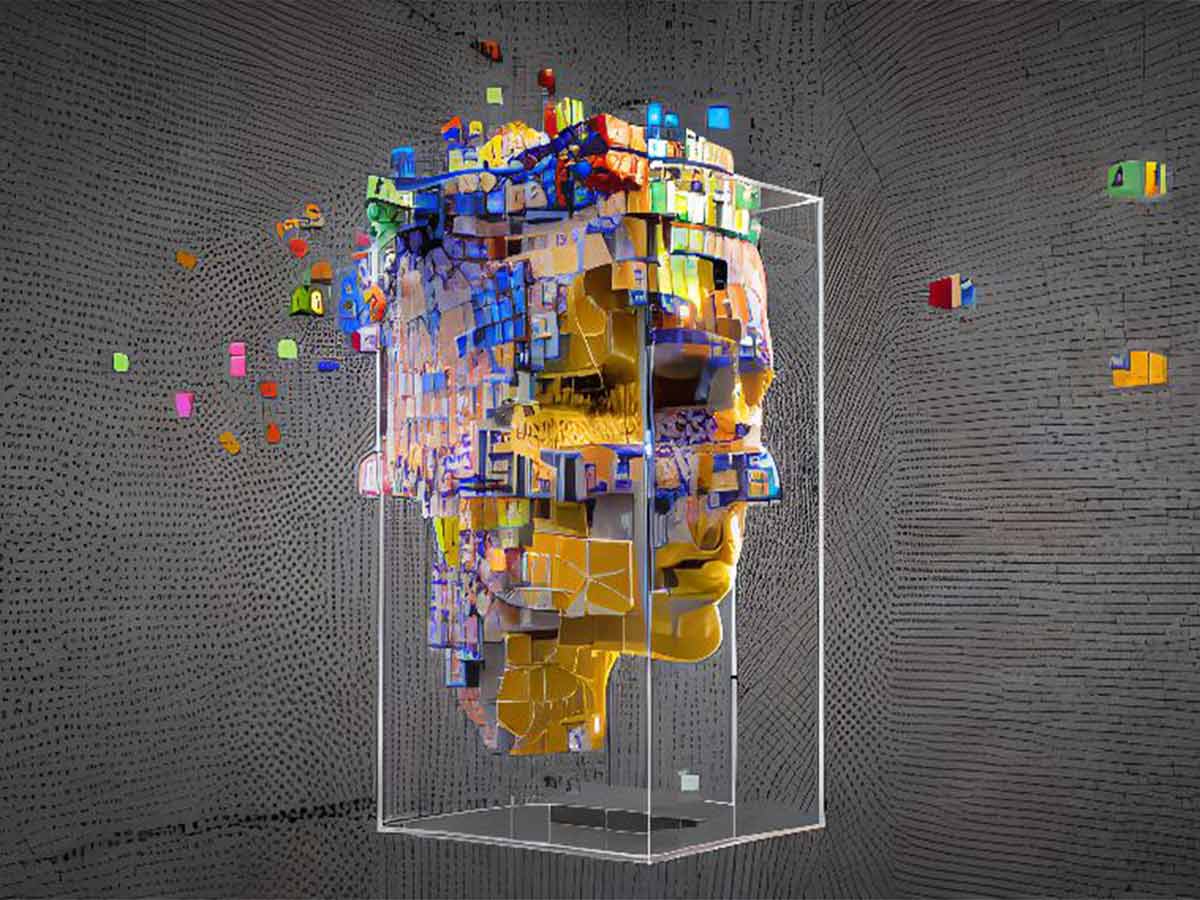

Do you remember we talked about the “singularity,” article? A future where intelligent machines might just control everything, completely changing our way of life.
Even the late Stephen Hawking warned that AI could someday outsmart us all. Elon Musk takes it pretty seriously, too, thinking of Artificial General Intelligence (AGI) as a huge threat, kind of like opening a Pandora’s box. He’s even worried about big brains like Google’s Larry Page accidentally stirring up trouble.


But not everyone’s actually worried about AI taking over. Gyongyosi thinks AI’s still at the scare-us-silly stage, and AI experts like Diego Klabjan from Northwestern University consider current AIs to be nowhere near our brain’s complexity.
Meanwhile, Max Tegmark from MIT points out that the real worry isn’t AI turning evil; it’s about it not sharing our goals. John E. Laird is more concerned about baddies using AI for stuff like bank heists than any sci-fi-style takeover.
AI’s not racing ahead too fast, which might be good. It gives us time to figure out how to fold it into our world responsibly. Russell compares AI’s unpredictable leaps to the game-changing discovery of nuclear fission.
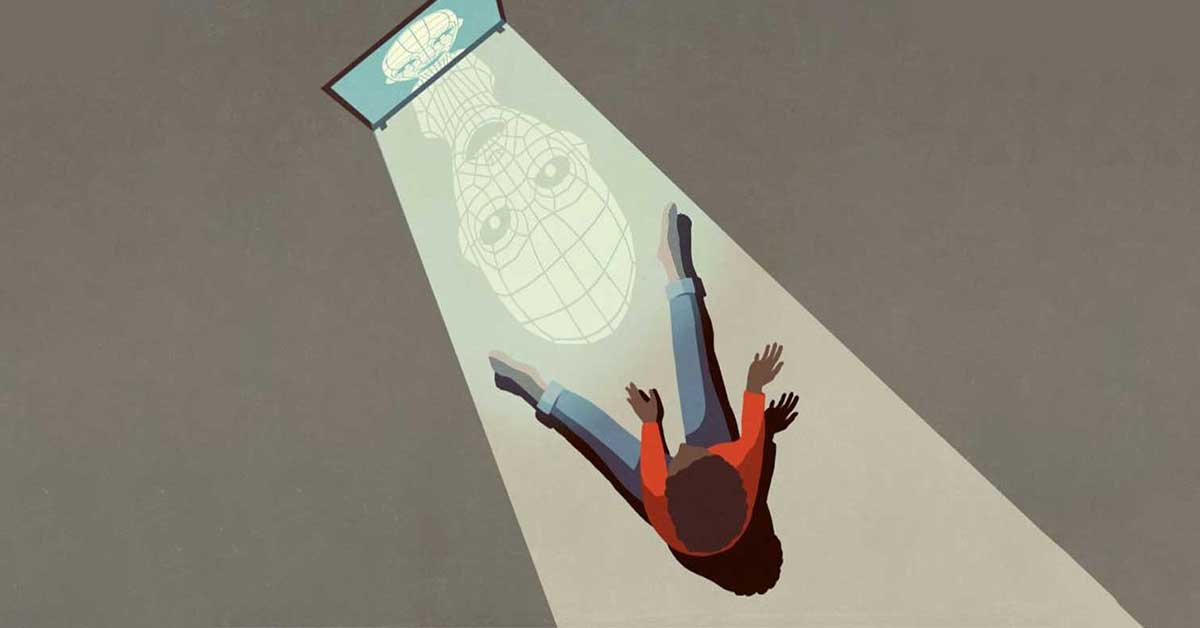

At the same time, Tegmark suggests that with careful steering, we could be heading towards a future where AI does more good than harm. So, while some people are prepping for a robot apocalypse, others are working on making sure AI plays nice, is responsible, and benefits us all.
So artificial intelligence will change the world whether we like it or not, but the thing is, is it for good? What do you think? Let us know.

